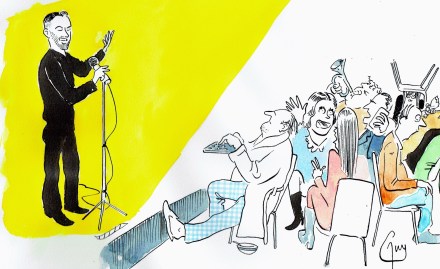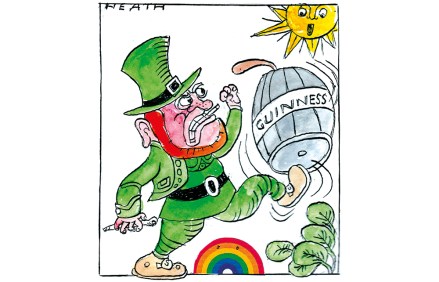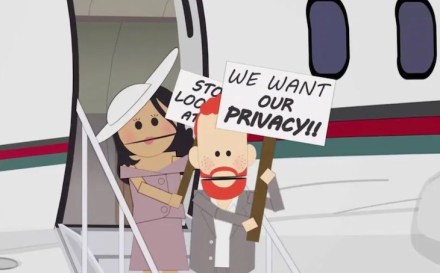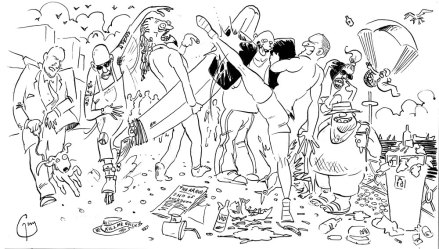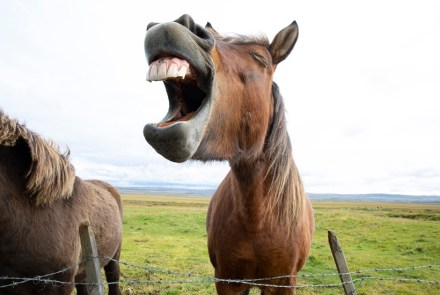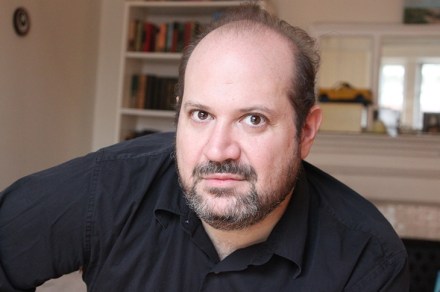No laughing matter: The Material, by Camille Bordas, reviewed
There are a lot of reasons why something is funny. It’s hard for everyone to agree on those reasons. And it’s virtually impossible to agree on whether something is actually funny or not in the first place. But one thing is incontrovertible: the more you unpick, analyse and dissect comedy, the less funny it becomes. So what is left behind after that? Into this tricky arena – cue tapping on microphone and feedback noise – steps this experimental and sometimes infuriating novel. The Material is, to its credit, fluid, inventive and often, yes, funny. But it’s also confusing and challenging in ways that don’t always feel intentional. It describes a






